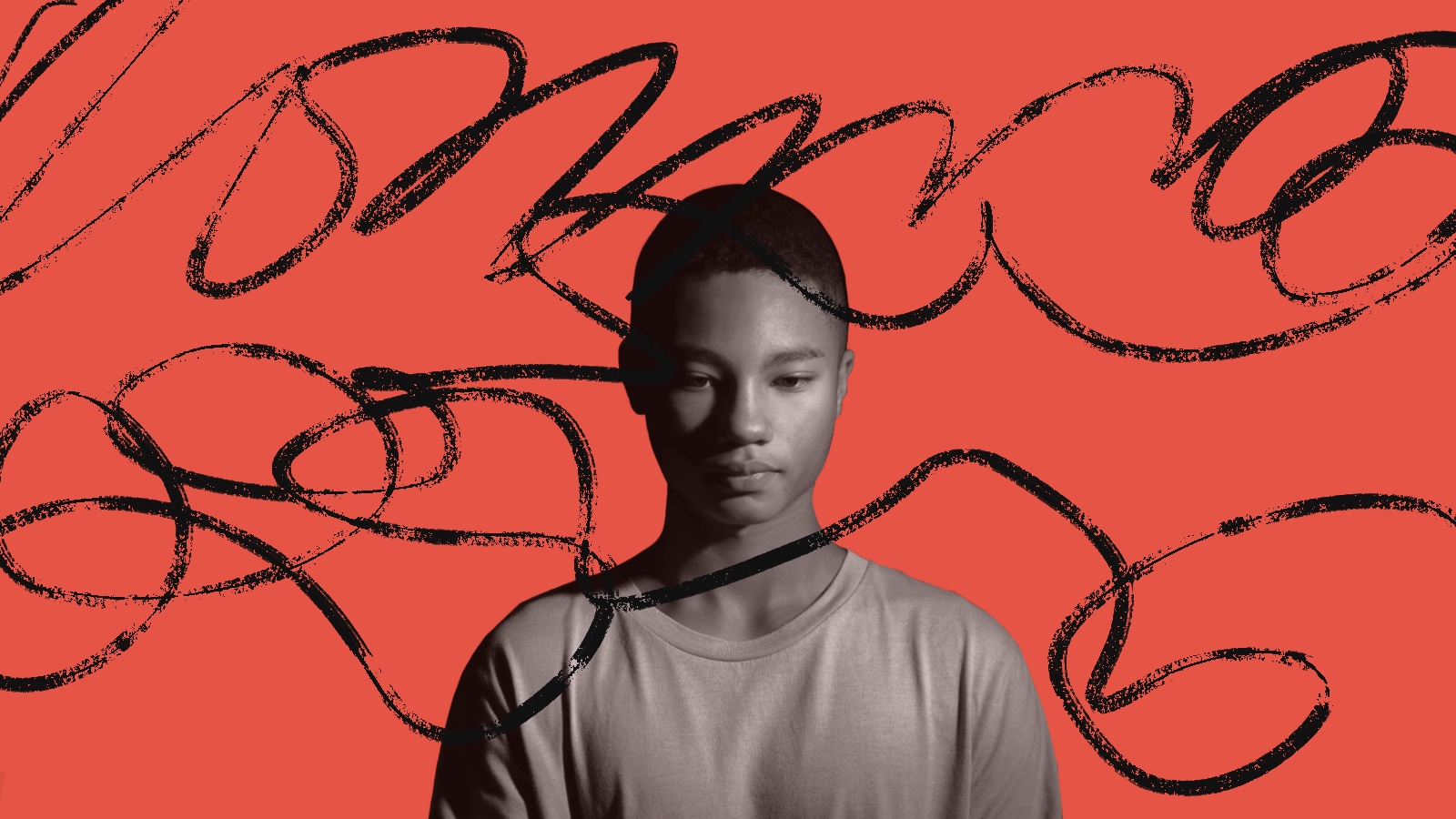The Tocqueville Effect: Why We’re Always Angry about Something

No matter where you look today somebody is angry about something. Be it a happening in a far off land, something offensive that a celebrity said, or the death of a gorilla; there is somebody who is taking a stance boldly against the situation. Thanks to the internet, we all have front row seats to see them do it. Why do we see such a focus on such events with an impassioned rage? Is this new, or rather just more noticeable now in the digital age?
An answer was offered in 1835 by Alexis De Tocqueville in his masterpiece, Democracy in America. By observing the early United States in the years after the revolutions both there and in his native France, Tocqueville noticed a tendency in free peoples: a tendency to further equality. He made this observation after taking a nine month tour of the United States on behalf of the French government. During which he took his own initiative to consider the effects of living in a stable democratic society on the population.
As he put it: “The hatred that men bear to privilege increases in proportion as privileges become fewer and less considerable, so that democratic passions would seem to burn most fiercely just when they have least fuel. I have already given the reason for this phenomenon. When all conditions are unequal, no inequality is so great as to offend the eye, whereas the slightest dissimilarity is odious in the midst of general uniformity; the more complete this uniformity is, the more insupportable the sight of such a difference becomes. Hence it is natural that the love of equality should constantly increase together with equality itself, and that it should grow by what it feeds on.“
Tocqueville is suggesting that as conditions improve we become more offended by the remaining faults in our society. That we become more passionate about social justice as the severity of inequalities around us decreases-even if those remaining inequalities are of a lesser magnitude than previous ones.
This was reflected by Chris Rock during his Oscar monologue about the “Oscars so White” controversy. “It’s the 88th Academy Awards, which means this whole no black nominees thing has happened at least 71 times. Black people did not protest. Black people did not protest. Why? Because we had real things to protest at the time. We were too busy being raped and lynched to care about who won Best Cinematographer. When your grandma is swinging from a tree, it’s really hard to care about Best Documentary Foreign Short.” It isn’t that the issue never existed, nor that people didn’t have concerns about it; but rather that other issues took precedent. Now society shifts it’s focus.
The tallest blade of grass is the first one cut by the scythe. When the most pressing issues have been resolved, there are ones that were previously ignored that can be focused on. The internet makes everything more visible, but Tocqueville shows us that people finding new and more focused things to rage against is not only a part of our past but a part of democratic society and heritage.
—





